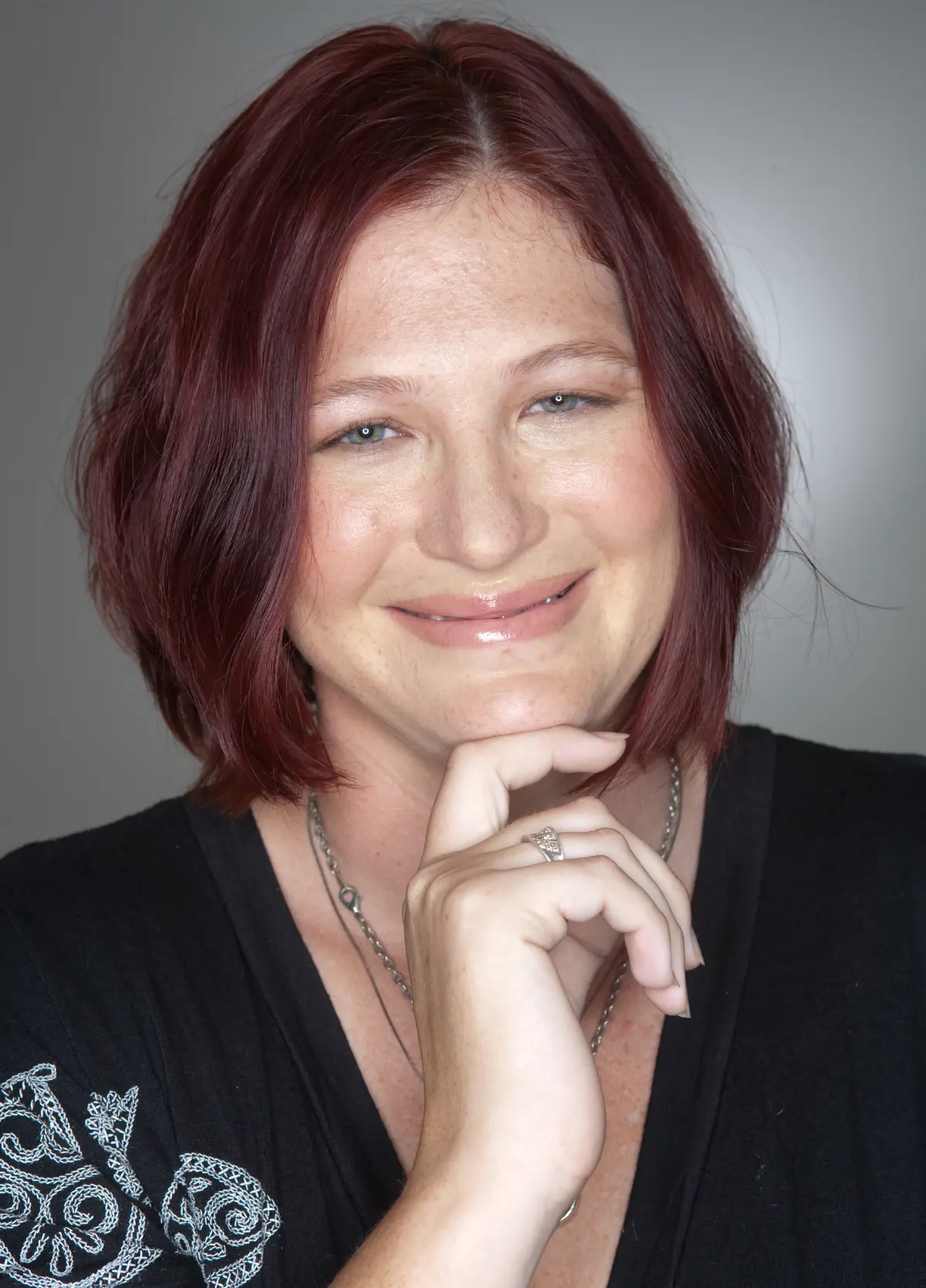As a writer, you may experience self-doubt and criticism when you least expect it. This article explores tried-and-tested ways to overcome these setbacks and regain your confidence.
BY DENISA OOSTHUIZEN
There is a poignant paragraph in author Stephen King’s classic memoir, On Writing, where a schoolteacher rebukes him for selling printed copies of his horror tale to classmates. ‘I kept hearing Miss Hisler ask why I wanted to waste my talent. … Why I wanted to write junk?’ he confesses.
This incident could have left the teenager doubtful about his future as a writer. And yet, despite the initial shame he felt at the sudden blunt criticism, the prolific author hasn’t stopped his creative flow ever since (or you wouldn’t have horror genre classics such as The Shining or Salem’s Lot).
How to overcome self-doubt and criticism as a writer.
It’s normal to occasionally doubt your writing abilities, even more so when you’ve been repeatedly discouraged by criticism. King is renowned for saying that writing is ‘a difficult, lonely job; it’s like crossing the Atlantic Ocean in a bathtub. There’s plenty of opportunity for self-doubt.’
Here’s the truth: writing is often a challenging and lonely process, equal parts hard work and creative flair. At times, you’re bound to question whether you’re doing a good job.
First, there’s the torturous reality of churning out words on a blank page and expecting pure magic. You ask, am I truly a writer?
Then comes the skills and comparison test: ‘Am I a good enough writer?’
Often, it’s followed by criticism and rejection that leave you wondering: ‘Will I ever be successful?’
And all of it is wrapped up in a terrorising fear of failure: ‘What if I don’t make it?’
Fortunately, there are countless ways to deal with self-doubt ‒ some more straightforward than others.
Begin by acknowledging the commitment you’ve made (‘I am a writer’), then hone your skills through extensive reading and writing courses (‘I can write better’). Try to break the cycle of negative thinking (‘I am good enough’) by focusing on the positive, rather than beating yourself up over every minor mistake (‘What if I succeed?’).
If you’re prone to regular bouts of self-doubt and self-criticism, the following techniques will make a difference.
1. Write your truth.
‘Write what you know’ is a good starting point, especially if you’ve ever doubted your research skills or topical expertise. What you know is what makes you unique. Try digging deeper to discover the true motivation behind your writing.
Listen to the voice of possibility. Trust your intuition rather than that nagging inner critic. Write what brings you happiness.
King found early inspiration in the sci-fi and horror movies he enjoyed, prompting him to write stories in similar genres. No teacher’s threat or rejection slip could stop him from expressing his truth (although, as we’ve seen, it may have shaken him at times.)
So, write what inspires you. Or use it as a creative prompt to get your creative juices flowing. The result? More trust, less doubt, less frustration!

2. Write in private.
‘Write with the door closed’ is a powerful way to silence self-doubt and criticism. King and other authors suggest the closed-door approach, both literally and figuratively.
It goes like this: step into your private writing space and close the door behind you. Focus entirely on your craft. This will effectively shut out the disruptive world with all its interruptions, critiques and naysayers.
Resist the impulse to expose your work prematurely to doubt, praise or well-meaning questions of outsiders. External criticism and too-early reviews will only breed more self-doubt.
Your job is to write, not to second-guess every little thing. As King’s puts it: ‘This first draft … should be written with no help (or interference) from anyone else.’ Or, in the words of author Erica Jong, ‘You should write first drafts as if they will never be shown to anyone.’
READ MORE:
*Best Writing Tip: I Write as if Nobody Will See My Work
*How to Overcome Self-Doubt as a Writer
*Best Writing tip: Trust Yourself
3. Write for your ideal reader.
It’s easy to doubt your abilities and the scope of your writing if you’re unsure about how it will be received. You may wonder how readers will react, or whether they’ll enjoy the ride as much as you did while creating it. Ask yourself (as King does): Do all opinions carry the same weight?
Self-doubt and misplaced criticism often stem from the futile task of trying to please everyone. In reality, you only need to reach your ideal reader. Forget the rest. Just write.
Right from the start, be clear and focused about who you’re writing for. When you write with intent, it’s easier to tune out unhelpful criticism. As King puts it: ‘You can’t let the whole world into your story, but you can let in the ones that matter the most.’
About the Author

Denisa Oosthuizen is a freelance journalist who has written on wellness, health, psychology and lifestyle topics for various magazines and web platforms, including positivityguides.net.
Visit her blog at www.denisaoosthuizen.com to read more of her work.












